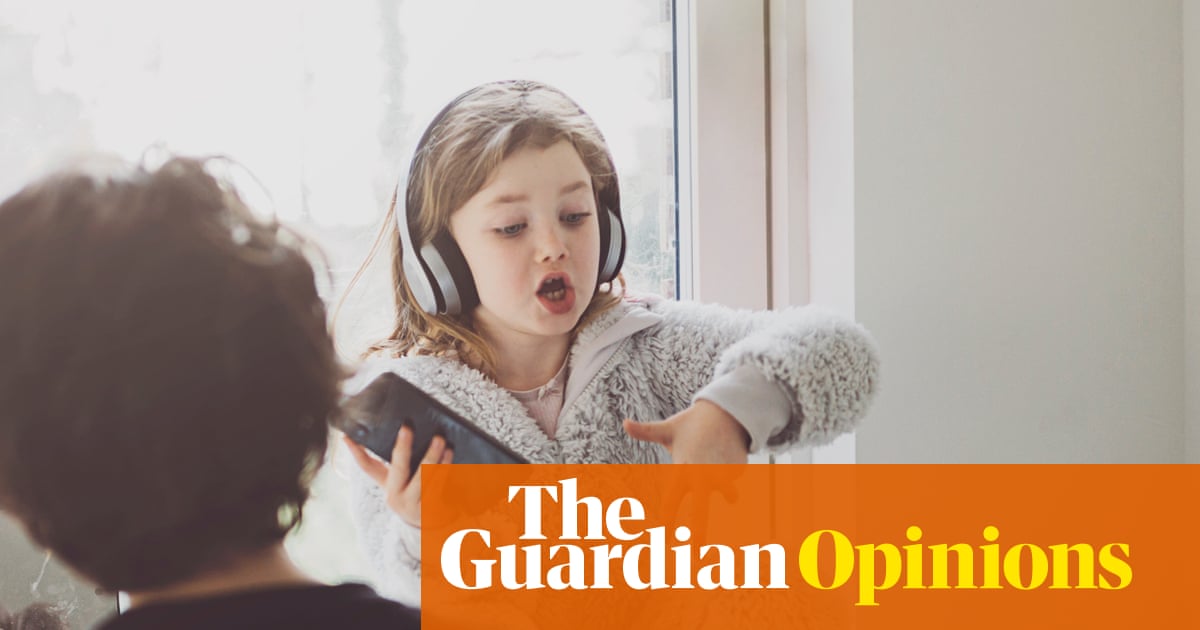
"Somewhere in the middle of the last school holidays, as I was attempting to work from home, the kids came bounding down the stairs armed with a new song they had written. The lyrics were nonsensical (as you'd expect from a pair of preteens), but there was a surprising crispness to the rhyming structure. We got ChatGPT to write it, the eldest said. This was neither a confession nor a boast."
"Who cares about authors when books can just write themselves? It's understandable that kids would privilege the end product over the process our girls' performance was probably more important to them than the song itself since society is built around achieving goals and outcomes, ideally by the quickest, least painful means. Such is productivity. But for this generation of young humans, there is a building sense that maximal productivity might mean leaving out the human element altogether."
Two preteens used ChatGPT to produce a ready-to-perform song, bypassing the playful, collaborative creative process and saving time for immediate performance. The availability of AI-generated creative output teaches children that machines can handle not only tedious tasks but also creative work. Young people increasingly prioritize finished outcomes over learning processes because society values quick, efficient achievement. As generative AI advances, skills taught at school — including maths, writing, and coding — face potential redundancy. Parents confront anxiety about the future usefulness of their children's learning and the erosion of human-centered creative practice.
Read at www.theguardian.com
Unable to calculate read time
Collection
[
|
...
]